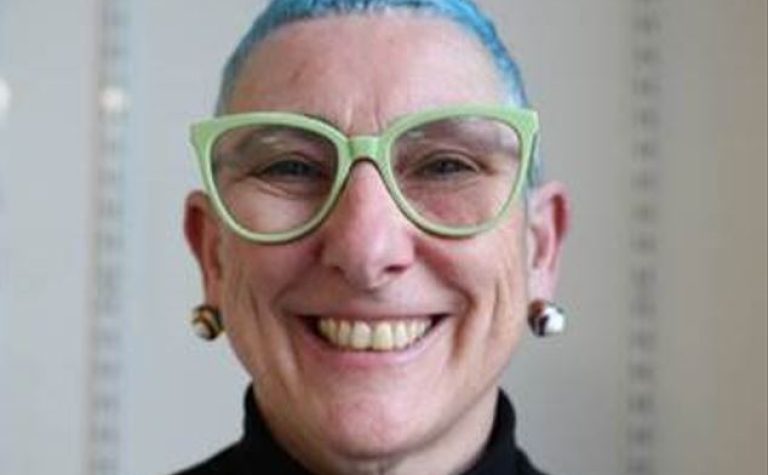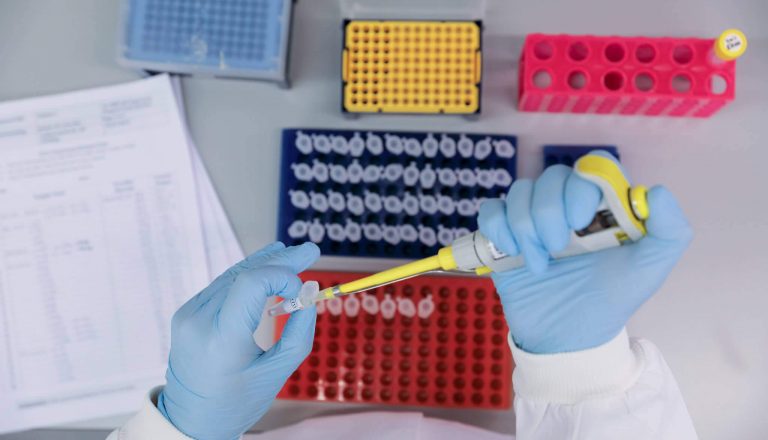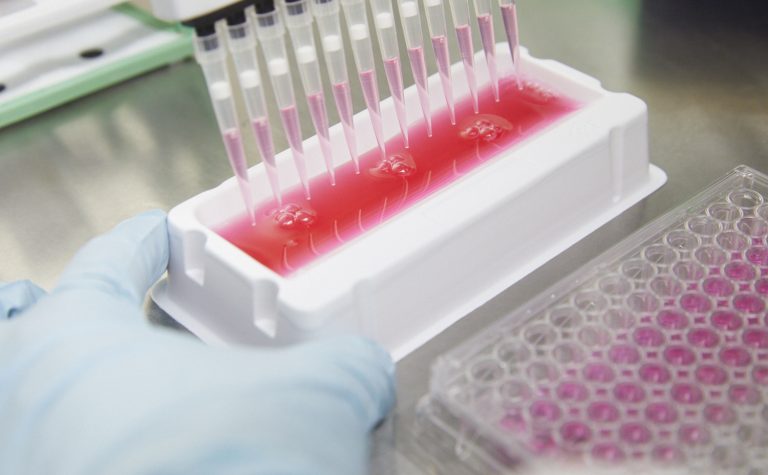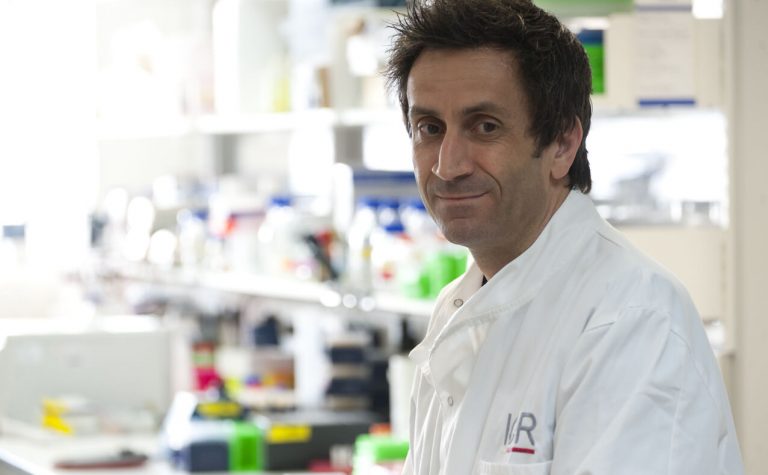Overview
Cancer survivorship is a pressing global issue. As survival rates have improved there is greater need to address the long-term impact of cancer. There are thought to be over 2 million cancer survivors in the UK, of these approximately 17,000 are aged 13-24 years. A significant proportion of these, will face a range of psychosocial problems as a result of their cancer and associated treatment: even beyond five years, 25-40% experience ongoing unmet psychosocial needs. Disruption at this critical life-stage can cause significant distress which can continue throughout adulthood.
When compared with siblings, childhood cancer survivors have been seen to be twice as likely to report clinical levels of emotional distress, 1.5 times more likely to suffer symptoms of anxiety/depression and 1.7 times more likely to display antisocial behaviour. Of a sample of young adult survivors of childhood cancer 16% were found to be experiencing Post Traumatic Stress Disorder. Survivors of brain tumours and cancers requiring central nervous system treatment may also experience an additional complex array of cognitive difficulties which leaves them particularly vulnerable to psychological distress, diminished life satisfaction and reduced social competence which in turn affects friendships, intimate relationships and societal integration. Furthermore, psychological distress in cancer survivors has also been seen to be predictive of negative health behaviours such as smoking, alcohol use and poor sleep patterns.
Given these known and unknown factors, and faced with increasingly resource-constrained healthcare settings worldwide, there is a pressing need to sharpen the science behind our efforts to assist young people in adjusting to living with and beyond cancer. We must now increase our research endeavours and focus on patients’ long-term well-being and their ability to live a productive good life: our work will go some way, as we look to describe what might be most usefully ‘packaged’ as developmentally tailored psychosocial support for young people from diagnosis to post-treatment survivorship.
Project overview
We will maximise opportunities provided by the virtual space to engage with our community of practice; through virtual meetings and workshops, focus groups, and one-to-one interviews. Meetings will be aligned to our project plan and timescales, establishing this group in the first month of our study, detailing terms of reference, methods of communication, roles and responsibilities.




